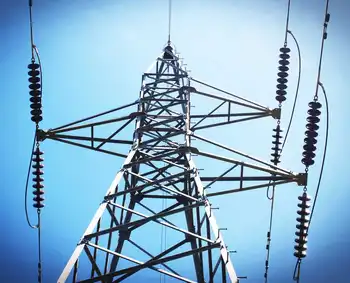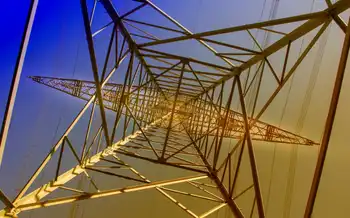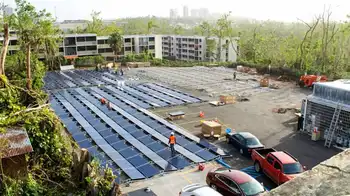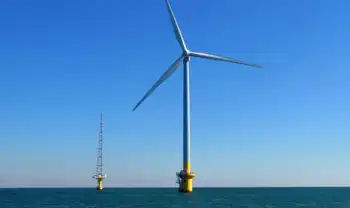Europe's Energy Traders Demand Greater Transparency
LONDON -- - European energy traders have recently called on industry regulators to boost the region's flagging power markets by forcing big utilities to disclose more price-sensitive data on supply, demand and transmission.
Lobby group European Federation of Energy Traders (EFET) said a lack of transparency was stunting the European Union's wholesale power market, threatening the region's ability to achieve full competition and lower prices for consumers. Europe's power market will open up to full competition by 2007 under a European Union Directive on energy liberalisation.
"The development of an efficient wholesale market is currently being hindered by the lack of information being released to the market," said EFET in a paper circulated at the power industry's annual forum on regulation in Rome.
"Poor access to information raises a huge barrier to the entry of new participants," said EFET.
Wholesale power trading is struggling to recover from the exit last year of several key U.S.-owned market makers, which quit the market in a credit crisis rooted in the collapse of trading giant Enron.
"Without greater information release, the limited and imperilled liquidity in European wholesale power markets of the last fifteen months will not improve," said EFET.
INFORMATION ADVANTAGE
EFET said the lack of information made available to the wider market meant trading was more risky for firms which do not own power stations and grids in the region.
Giant utilities such as Electricite de France and Germany's E.ON own large chunks of the continent's generation and transmission networks, so they have at their fingertips reams of data on market-moving events such as plant breakdowns and network bottlenecks.
The European Commission, in a strategy paper also under discussion this week in Rome, said EDF, EON and Germany's RWE control 45 percent of EU generation capacity.
Transparency is greatest in the deregulated UK and the Nordic power markets, where data covering power station outages and demand forecasts is freely available on websites.
But in other markets, notably Germany, Europe's biggest power market, far less information is made available.
EFET's call for transparency came as the Rome forum grappled with a host of technical issues relating mainly to transmission.
The vision of a single market where electricity can zip unhindered from one country to another is still a long way off, despite years of talks on how to unlock cross-border trade.
"There are a set of critical issues to solve before players can effectively use interconnectors to supply the markets as they open up to competition," said Jayesh Parmar, vice president of utilities market restructuring services at Cap Gemini Ernst and Young.
"It is a little like getting the storefront in place, but how many shoppers will there be?"
Related News
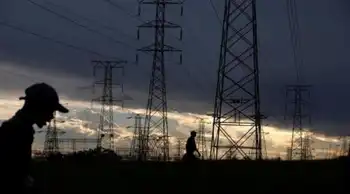
Africa must quadruple power investment to supply electricity for all, IEA says
JOHANNESBURG - African countries will need to quadruple their rate of investment in their power sectors for the next two decades to bring reliable electricity to all Africans, an International Energy Agency (IEA) study published on Friday said.
If African countries continue on their policy trajectories, 530 million Africans will still lack electricity in 2030, the IEA report said. It said bringing reliable electricity to all Africans would require annual investment of around $120 billion.
“We’re talking about 2.5% of GDP that should go into the power sector,” Laura Cozzi, the IEA’s Chief Energy Modeller, told journalists ahead of the report’s launch.…

